Home>Home Maintenance>Why Do You Need A Home Inspection
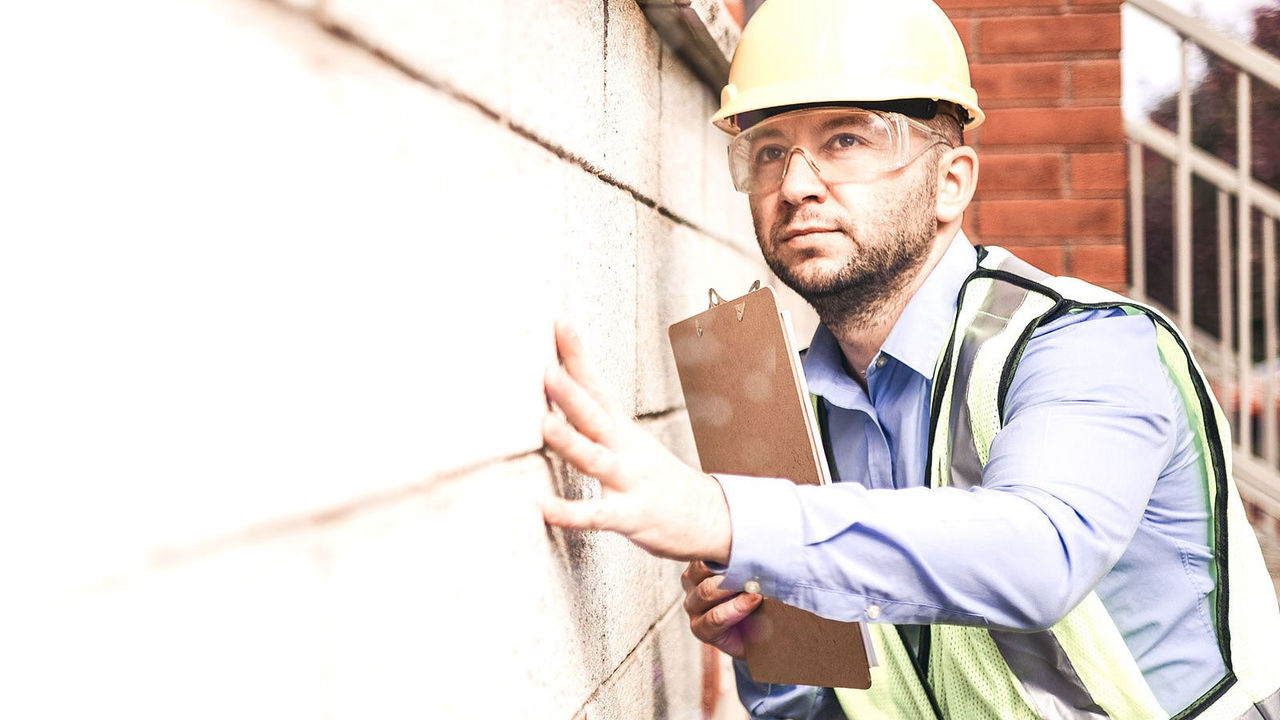

Home Maintenance
Why Do You Need A Home Inspection
Modified: March 6, 2024
Find out why home inspections are essential for your home's maintenance. Discover the benefits of scheduling a professional home inspection today.
(Many of the links in this article redirect to a specific reviewed product. Your purchase of these products through affiliate links helps to generate commission for Storables.com, at no extra cost. Learn more)
Introduction
Welcome to the world of home inspections, where the unseen and overlooked can make all the difference in your safety, finances, and peace of mind. Whether you’re a homeowner, a prospective buyer, or a real estate investor, understanding the importance of home inspections is crucial.
So, what exactly is a home inspection? It is a thorough evaluation of a property’s condition, usually conducted by a qualified professional. The purpose is to identify any issues or potential problems that may affect the property’s safety, structural integrity, or financial value.
While it may seem tempting to skip the home inspection step, it is a decision that can lead to dire consequences down the road. Home inspections provide valuable insights into various aspects of the property that may not be apparent to the untrained eye.
In this article, we will delve deeper into the importance of home inspections and why you should never overlook this critical aspect of home maintenance and purchasing. Let’s explore!
Key Takeaways:
- Safety First
Home inspections are crucial for identifying potential safety hazards like faulty wiring, gas leaks, and structural weaknesses. This helps protect you and your family from risks and ensures a safe living environment. - Protect Your Investment
A thorough home inspection helps uncover hidden damage, costly repairs, and maintenance needs. It also provides documentation to protect your investment and maintain the property’s resale value.
Understanding the Importance of Home Inspections
Home inspections are not just a formality or an additional expense when buying or maintaining a property. They are a crucial step in ensuring your safety, protecting your investment, and avoiding potential headaches in the future.
First and foremost, home inspections help identify potential safety hazards. A thorough inspection can reveal issues such as faulty electrical wiring, gas leaks, or structural weaknesses that could pose significant risks to you and your family. Identifying these hazards early on allows you to take the necessary precautions or negotiate repairs with the seller before finalizing the purchase.
Moreover, home inspections provide a comprehensive assessment of the property’s structural integrity. A trained inspector can identify signs of foundation problems, roof leaks, or drainage issues that may not be immediately apparent. Catching these structural defects early can prevent further damage and costly repairs down the line.
Hidden damage or defects can lurk beneath the surface, especially in older homes. A thorough inspection can uncover issues such as mold, water damage, or termite infestations that may not be visible to the naked eye. By revealing these hidden problems, you can address them promptly and prevent them from worsening over time.
Another essential aspect of home inspections is evaluating the condition of major systems and components. This includes the HVAC system, plumbing, electrical systems, and appliances. Inspecting these elements allows you to assess their functionality, efficiency, and potential lifespan. It can alert you to any immediate repairs or maintenance needs and help you plan for future upgrades or replacements.
Furthermore, home inspections can uncover costly repairs or maintenance needs that may have a significant impact on your budget. By identifying these issues early, you have the opportunity to negotiate with the seller for repairs or even reconsider the purchase if the costs outweigh the value of the property. It gives you leverage in making informed decisions and avoiding potential financial burdens.
Lastly, home inspections are essential for protecting your investment and ensuring future resale value. By having a comprehensive understanding of the property’s condition, you can make informed decisions about maintenance and improvements that can enhance its value. Additionally, a thorough inspection report can provide potential buyers with confidence in the property’s quality, leading to a smoother and more successful sale in the future.
Overall, home inspections serve as a crucial tool for homeowners, buyers, and investors alike. They provide a comprehensive assessment of a property’s condition, helping you make informed decisions, ensure safety, avoid costly repairs, and protect your investment. So, before you make any further home-related decisions, remember the importance of a thorough home inspection.
Identifying Potential Safety Hazards
When it comes to the safety of your home and your loved ones, there is no room for compromise. That’s why one of the primary purposes of a home inspection is to identify potential safety hazards. By thoroughly assessing the property, an inspector can uncover issues that may pose risks to occupants and prioritize their timely resolution.
One common safety concern that a home inspection can address is electrical hazards. Faulty wiring, outdated electrical panels, or incorrect installations can increase the risk of electrical fires or electrocution. A qualified inspector will meticulously examine the electrical systems, identifying any signs of damaged wiring, overloaded circuits, or inadequate grounding measures. This information allows homeowners or buyers to take appropriate actions to rectify the issue and ensure a safe living environment.
Gas leaks are another serious safety hazard that home inspections can help detect. Leaking gas lines can lead to gas buildup, which is highly flammable and poses the risk of explosions or carbon monoxide poisoning. Inspectors will check for gas leaks from appliances, ensuring that gas connections are secure, and recommend repairs or replacements if necessary.
The structural integrity of a home is another critical aspect that affects safety. A thorough inspection will identify signs of foundation problems, such as cracks or settling, which may compromise the stability of the entire structure. Unstable foundations can lead to structural problems, such as walls or ceilings collapsing, posing risks to occupants. Additionally, inspections can reveal issues like uneven floors, loose handrails, or unsafe stairs that are potential sources of accidents and injuries.
Inspectors will also examine the roof closely, looking for signs of damage or deterioration that could lead to leaks or collapses. A compromised roof can result in water damage, mold growth, or even structural damage if left unaddressed. By identifying these issues through a home inspection, homeowners can take proactive steps to repair or replace the roof, ensuring a safe and secure home environment.
Other safety concerns that can be addressed in a home inspection include the condition of the plumbing system, the presence of asbestos or lead-based paint, and the functionality of smoke detectors and carbon monoxide alarms. By thoroughly assessing these elements, inspectors can pinpoint any potential safety risks and recommend appropriate actions to mitigate them.
Overall, by identifying potential safety hazards, a home inspection provides homeowners and buyers with peace of mind, knowing that their homes are a safe haven for themselves and their families. It allows for timely repairs or upgrades to be made, reducing the risks of accidents, injuries, and property damage. So, don’t underestimate the importance of a comprehensive home inspection when it comes to ensuring the safety of your home.
Assessing the Structural Integrity of the Property
One of the primary objectives of a home inspection is to assess the structural integrity of the property. The structural components of a home play a critical role in its stability, safety, and overall longevity. By conducting a thorough examination, inspectors can identify any issues or deficiencies that may affect the structural integrity of the building.
One key area that inspectors focus on is the foundation. A solid foundation is essential for maintaining the structural integrity of a home. Inspectors will look for signs of cracks, settling, or shifting in the foundation, which may indicate underlying issues. These issues, if left unaddressed, can lead to structural problems down the line. By identifying foundation issues during a home inspection, homeowners can take corrective action to prevent further damage and maintain the stability of the structure.
The walls, both interior and exterior, are another crucial component to evaluate during a home inspection. Inspectors will examine the walls for signs of cracks, water damage, or unevenness. These issues may indicate underlying structural problems or improper construction. Identifying such issues allows homeowners to address them promptly and avoid potential risks, such as collapsing walls or compromised structural integrity.
The roof is another area that plays a significant role in the structural integrity of a home. Inspectors will thoroughly examine the roof, looking for signs of damage, such as missing or loose shingles, sagging or uneven sections, or signs of water leakage. A compromised roof can lead to water damage, deterioration of other structural components, and even potential hazards inside the home. By assessing the roof during a home inspection, homeowners can address any necessary repairs or replacements to safeguard the structural integrity of the property.
Inspectors will also pay close attention to the floors and ceilings. They will look for signs of unevenness, sagging, or cracks, which may indicate structural issues or improper construction. Floors and ceilings that are not properly supported or stable can pose safety risks, as well as impact the overall structural integrity of the home.
Additionally, the structural integrity assessment will include an evaluation of the windows and doors. Inspectors will check for proper installation, alignment, and functionality. Misaligned windows and doors can indicate shifts in the structure or potential foundation issues. Identifying such issues allows homeowners to address them and ensure proper structural support.
Overall, by assessing the structural integrity of the property during a home inspection, homeowners can have peace of mind knowing that their home is safe, stable, and built to last. This assessment helps identify any underlying issues or deficiencies that may impact the structure’s stability and allows for timely repairs or corrective measures to be taken. So, if you’re buying a new home or maintaining your existing one, don’t overlook the importance of a comprehensive inspection to ensure the structural integrity of your property.
Detecting Hidden Damage or Defects
Hidden damage or defects within a property can be a homeowner’s worst nightmare. Often, these issues are not easily visible to the untrained eye, making them difficult to detect without a thorough inspection. This is where a professional home inspection proves invaluable, as it can reveal hidden damage or defects that may exist beneath the surface.
One common hidden issue that home inspections can uncover is water damage. Water damage can occur from leaky pipes, roof leaks, or poor drainage around the property. Over time, water infiltration can lead to mold growth, rotting wood, or structural damage. A trained inspector can identify signs of water damage, such as stains, warping, or mold growth, allowing homeowners to address the underlying cause and prevent further deterioration.
Another hidden problem that home inspections can detect is termite or pest infestations. These unwelcome guests can cause significant damage to the structure of a home, compromising its integrity. Inspectors will look for signs of termite activity, such as mud tubes or wood damage, and recommend appropriate pest control measures. Timely intervention helps prevent further damage and saves homeowners from costly repairs down the line.
Electrical issues can also lurk behind the walls and pose hidden dangers. Faulty or outdated wiring can lead to electrical malfunctions, fire hazards, or even electrical shock. Through a comprehensive inspection, inspectors can identify any wiring problems, potential electrical overloads, or inadequate grounding systems. By addressing these issues, homeowners can ensure the safety and functionality of their electrical systems.
Hidden defects may also exist within a property’s plumbing system. Leaky pipes, hidden pipe blockages, or inadequate water pressure can all go unnoticed without a thorough inspection. These issues can lead to water damage, mold growth, or even structural damage if not addressed promptly. Professional inspectors delve deep into the plumbing system, checking for leaks, proper drainage, and fixture functionality to uncover any hidden plumbing issues.
Additionally, a home inspection can reveal hidden structural damage. This includes issues such as rotting wood, foundation cracks, or compromised load-bearing walls. Structural damage can weaken the stability of a home and lead to costly repairs if left unaddressed. By discovering these hidden defects, homeowners can take the necessary steps to stabilize the structure and prevent further damage.
Overall, hidden damage or defects within a property can have serious implications for homeowners. Investing in a comprehensive home inspection allows these issues to be discovered early on, providing an opportunity to address them before they worsen. By detecting hidden damage or defects, homeowners can protect their investment, ensure the safety of their property, and avoid potential costly repairs in the future.
Before purchasing a home, always get a professional home inspection. It can uncover hidden issues and save you from costly repairs down the road.
Read more: Why You Need Home Security
Evaluating the Condition of Major Systems and Components
A home is composed of various systems and components that work together to provide comfort, functionality, and convenience. During a home inspection, one important focus is to evaluate the condition of these major systems and components, ensuring they are in proper working order and free from any significant issues.
The HVAC (Heating, Ventilation, and Air Conditioning) system is a critical component of a home, responsible for maintaining a comfortable indoor environment. Inspectors will assess the condition of the HVAC system, including the furnace, air conditioning unit, and ductwork. They will check for proper operation, filter cleanliness, and signs of any malfunctions or deficiencies. This evaluation helps identify any immediate repairs or maintenance needs and gives homeowners an understanding of the system’s overall lifespan and efficiency.
The plumbing system is another major consideration during a home inspection. Inspectors will assess the condition of pipes, fixtures, and water supply lines. They will check for leaks, water pressure issues, and signs of corrosion or deterioration. A thorough evaluation of the plumbing system helps identify potential problems that may lead to water damage or disruption in water supply. This evaluation allows homeowners to plan for necessary repairs or upgrades and ensures the proper functioning of the plumbing system.
The electrical system is also a crucial aspect to evaluate during a home inspection. Inspectors will examine the main electrical panel, circuit breakers, outlets, and light switches. They will check for proper wiring, grounding, and the overall safety of the electrical system. Identifying any electrical issues, such as overloaded circuits or outdated wiring, helps prevent potential hazards such as electrical fires or electrical shock. It ensures the safety and reliability of the home’s electrical infrastructure.
Another major system to evaluate is the roofing system. Inspectors will closely examine the condition of the roof, looking for signs of damage, wear, or leaks. They will check for missing or damaged shingles, curling or buckling, and the overall integrity of the roof structure. Assessing the roofing system provides homeowners with valuable insights into the potential need for repairs or replacement. It also helps prevent water intrusion and subsequent damage to the interior of the home.
Inspectors will also evaluate other major components, such as windows and doors. They will check for proper installation, functionality, and any signs of leaks or drafts. Assessing the condition of windows and doors helps identify potential energy efficiency issues and security concerns. Additionally, the condition of the insulation will be evaluated to ensure proper thermal efficiency within the home.
In summary, evaluating the condition of major systems and components during a home inspection is crucial for homeowners and buyers. It provides an understanding of the current state and potential issues with systems such as HVAC, plumbing, electrical, roofing, and more. By identifying any deficiencies or immediate repairs, homeowners can make informed decisions regarding maintenance, upgrades, or negotiations. Ensuring the proper functioning and condition of these major components contributes to a safe, comfortable, and efficient living environment within the home.
Uncovering Costly Repairs or Maintenance Needs
A home is a significant investment, and unexpected repairs or maintenance needs can quickly add up and strain your finances. That’s why a thorough home inspection is essential in uncovering potential costly repairs or maintenance needs before you commit to a purchase or neglect essential upkeep.
During a home inspection, a trained professional will closely examine the various components and systems of the property to identify any issues that may require immediate attention or future maintenance.
One common repair concern is the condition of the roof. A damaged or aging roof can lead to leaks and water damage inside the home. Inspectors will assess the roof’s integrity, looking for missing shingles, signs of deterioration, or indications of poor installation. Uncovering such issues can help you plan for a roof repair or replacement, preventing more extensive damage and costly repairs down the line.
The condition of the plumbing system is also a crucial aspect to evaluate. Inspectors will check for leaks, inadequate water pressure, or outdated plumbing materials. Addressing plumbing issues promptly can prevent bursts, leaks, or costly water damage to the property. It’s also essential to inquire about the age and condition of the water heater, as replacing an outdated or malfunctioning unit can be an unexpected expense.
Another costly repair consideration is the electrical system. Inspectors will assess the functionality and safety of the electrical panel and wiring throughout the home. Outdated electrical panels or faulty wiring can be safety hazards and may require replacement or significant upgrades. Uncovering such issues during a home inspection allows you to understand potential electrical system costs and plan accordingly.
Frequent maintenance needs such as HVAC system servicing should also be considered. Inspectors will assess the condition of the heating and cooling units, ductwork, and filters. They will check for proper operation and signs of regular maintenance. Understanding the maintenance requirements and potential costs for the HVAC system can help you prepare a maintenance schedule and budget for any necessary repairs or replacements.
Structural issues can also be costly to address. Inspectors will examine the foundation, walls, ceilings, and other structural elements to identify any signs of damage or instability. Issues such as cracks, settlement, or sagging can indicate underlying problems that may require extensive repairs or even foundation work. Identifying these structural concerns during a home inspection allows you to make an informed decision about your investment and plan for any necessary repairs.
Additionally, it’s essential to consider any potential environmental hazards, such as asbestos or lead-based paint, especially in older homes. Inspections can uncover the presence of these materials, which may require professional abatement if disturbed or deteriorating. These abatement processes can be costly, so being aware of any potential hazards allows you to budget for their safe removal or containment.
By uncovering costly repairs or maintenance needs during a home inspection, you can make informed decisions about your investment and avoid unexpected financial burdens. It allows you to negotiate repairs with the seller, plan for future expenses, or even reconsider the purchase if the costs outweigh the value of the property. A thorough inspection provides peace of mind, ensuring that you understand the potential expenses associated with the property and can budget accordingly.
Protecting Your Investment and Future Resale Value
Buying a home is one of the most significant investments you’ll make in your lifetime. Therefore, it’s essential to protect your investment and ensure its value in the future. A comprehensive home inspection plays a crucial role in safeguarding your investment and maintaining its resale value.
By conducting a thorough home inspection, you gain a comprehensive understanding of the property’s condition. This knowledge allows you to address any immediate repairs or maintenance needs promptly. By addressing these issues early on, you prevent them from worsening over time, potentially saving you from more significant repairs or expensive replacements down the line.
A home inspection report provides valuable documentation of the property’s current condition. This report can serve as evidence of the home’s well-maintained status, which is particularly advantageous when it comes to future resale. Potential buyers will appreciate having a detailed inspection report, providing them with confidence in the property’s quality and supporting the asking price. A well-maintained home with a comprehensive inspection history is likely to attract more potential buyers and potentially sell for a higher price.
Furthermore, a home inspection helps you plan for future upgrades or renovations that can enhance your investment. By identifying any outdated systems or components during the inspection, you can budget for improvements that not only improve your living experience but also increase the property’s resale value. This proactive approach ensures that your investment remains competitive in the real estate market and appeals to prospective buyers when the time comes to sell.
Home inspections also help protect you from potential liability issues. If you’re selling a property, conducting a pre-sale inspection can uncover any safety hazards or code violations that may pose a risk to buyers. By addressing these issues before listing the property, you mitigate the risk of legal repercussions or financial loss due to liability claims after the sale.
On the other hand, if you’re buying a property, a home inspection provides you with an opportunity to negotiate repairs or price reductions with the seller. By having a comprehensive understanding of the property’s condition, you can use the inspection report to leverage your position and ensure that you’re making a fair investment.
A home inspection also gives you peace of mind, knowing that your investment is protected. It allows you to move forward with confidence in your decision to purchase or maintain the property, knowing that you have taken all necessary steps to ensure its condition and value.
Ultimately, protecting your investment and future resale value is a crucial part of homeownership. A thorough home inspection provides you with the knowledge and documentation necessary to address any immediate repairs, plan for upgrades, negotiate with sellers, and attract potential buyers. Investing in a professional home inspection is an investment in the long-term success and value of your property.
Conclusion
Home inspections are not just a formality or an added expense; they are a crucial step in ensuring the safety, functionality, and value of your home. From identifying potential safety hazards to uncovering hidden damage or defects, a thorough inspection provides valuable insights that can save you from costly repairs and protect your investment in the long run.
Understanding the importance of home inspections allows you to make informed decisions as a homeowner, buyer, or investor. By evaluating the structural integrity of the property, you can address any immediate concerns and prevent further damage that may compromise the stability and safety of your home.
Home inspections also play a vital role in uncovering hidden damage or defects. From water damage to pest infestations, addressing these issues early can save you from extensive repairs and potential health hazards.
Assessing the condition of major systems and components allows you to plan for necessary repairs or upgrades, ensuring the efficient operation and longevity of your home. By knowing the condition of the roof, plumbing, electrical, and HVAC systems, you can budget for maintenance and make informed decisions about future investments.
Furthermore, home inspections help you uncover costly repairs or maintenance needs. By identifying these issues early on, you can negotiate with sellers, plan for expenses, and protect yourself from any unexpected financial burdens.
Lastly, protecting your investment and future resale value is a crucial aspect of homeownership. A comprehensive home inspection provides documentation of the property’s condition, giving you confidence in your investment and attracting potential buyers when the time comes to sell.
In conclusion, a home inspection is an essential step in the home buying process, as well as for ongoing maintenance and investment protection. It provides you with valuable insights into the condition of your property and allows you to address any immediate concerns, plan for future repairs or upgrades, and maintain the value of your investment. So, whether you are a homeowner, buyer, or investor, never overlook the importance of a thorough home inspection.
Frequently Asked Questions about Why Do You Need A Home Inspection
Was this page helpful?
At Storables.com, we guarantee accurate and reliable information. Our content, validated by Expert Board Contributors, is crafted following stringent Editorial Policies. We're committed to providing you with well-researched, expert-backed insights for all your informational needs.
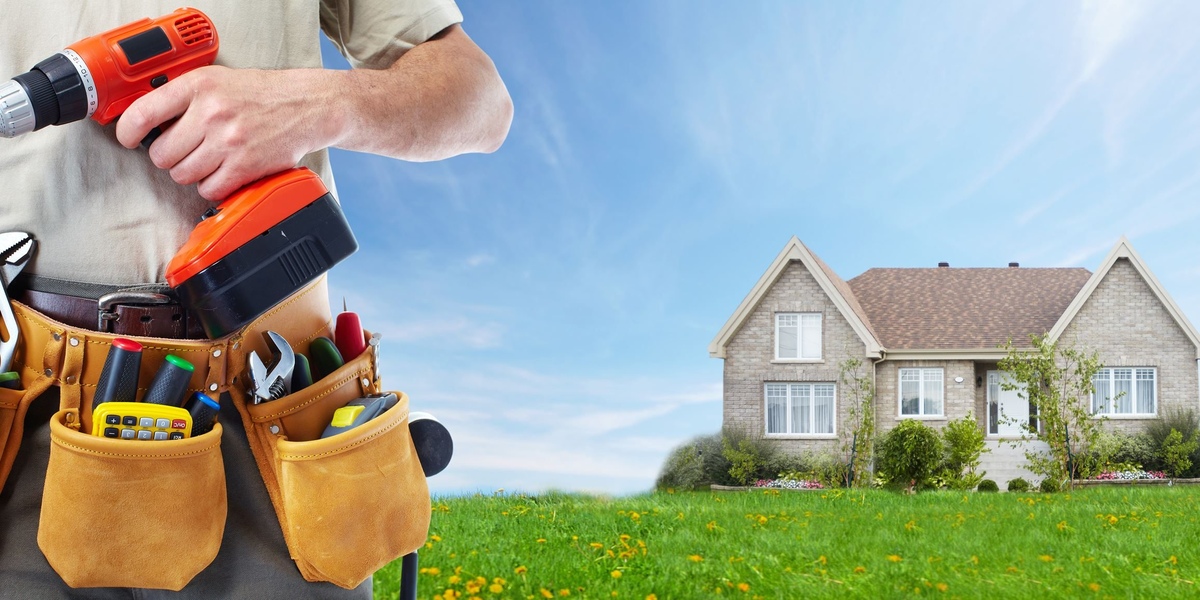
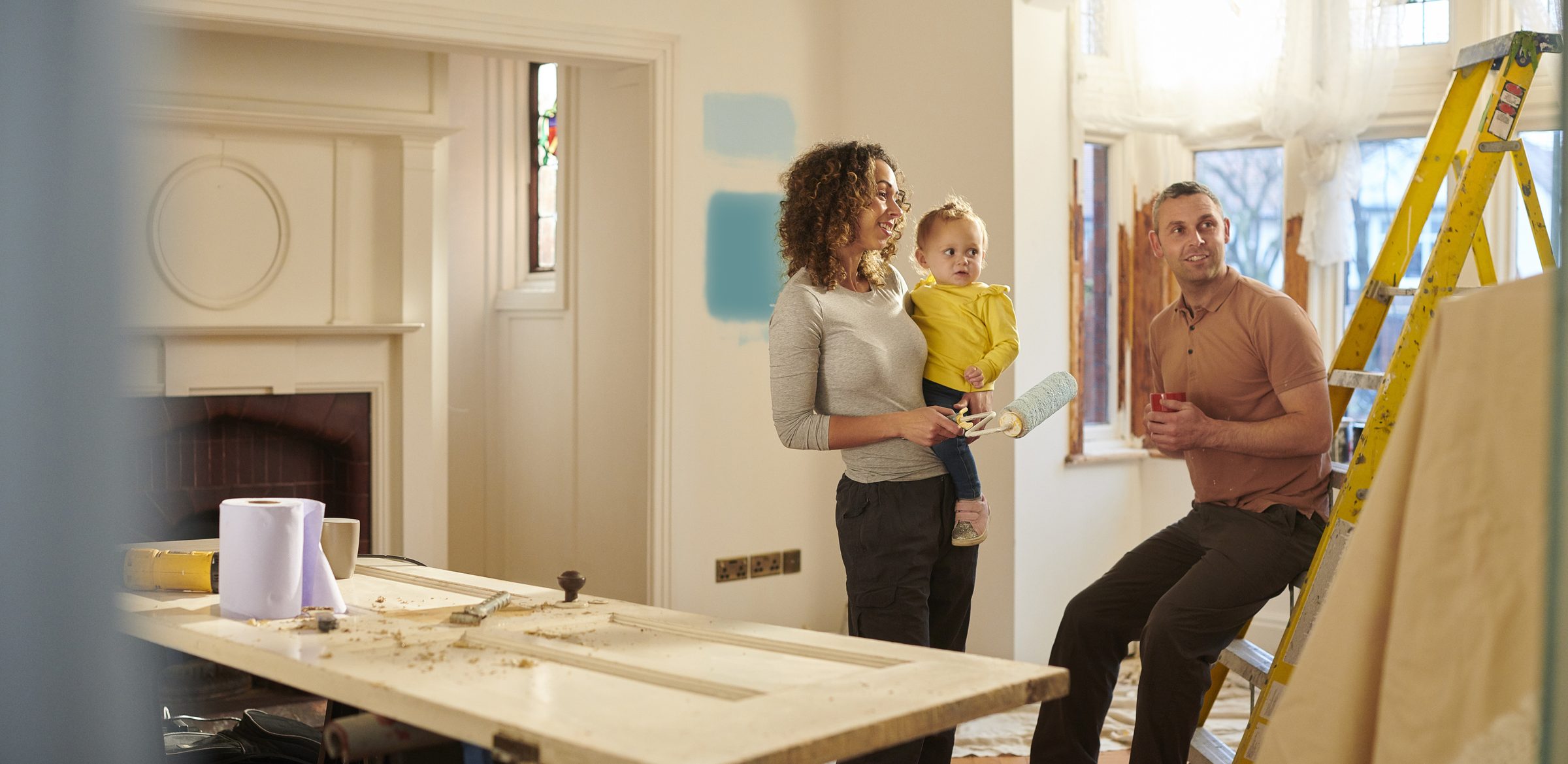
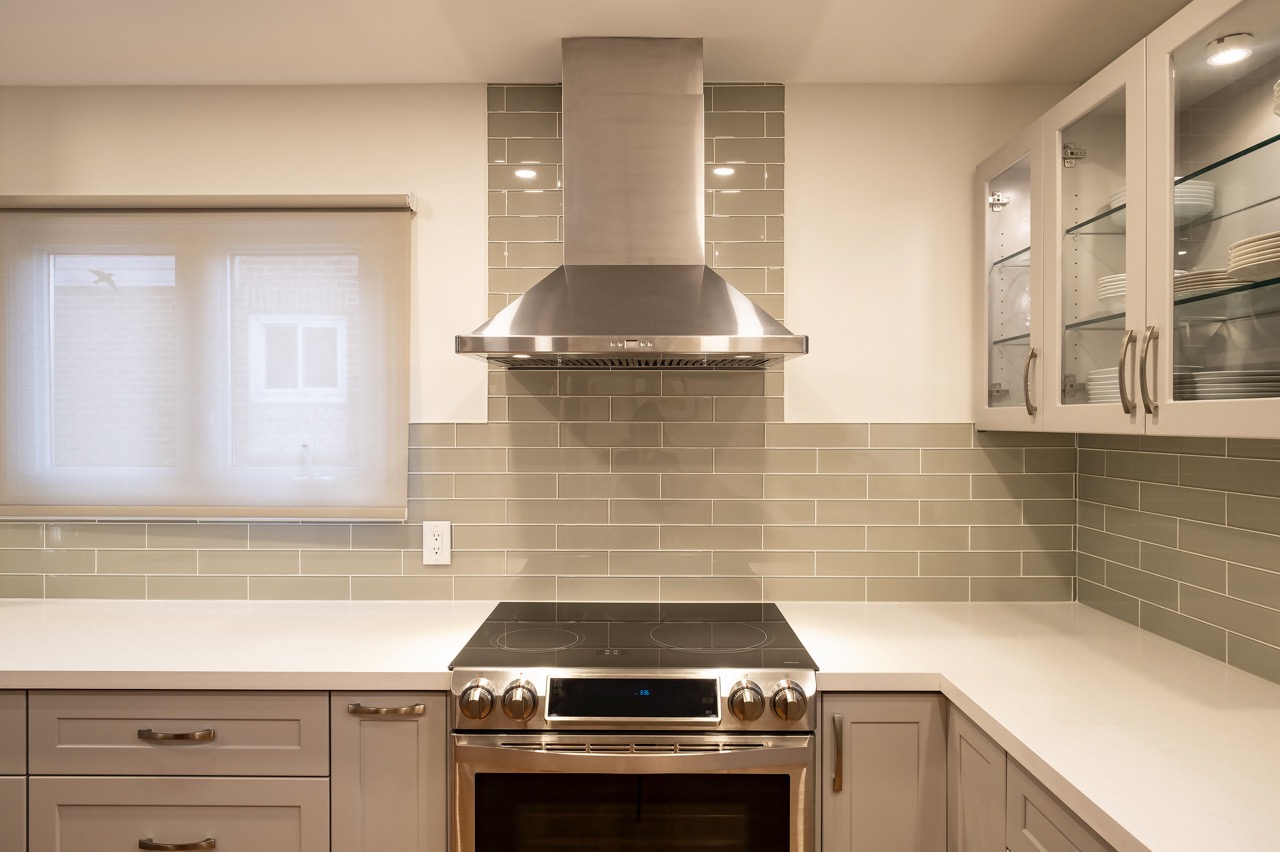

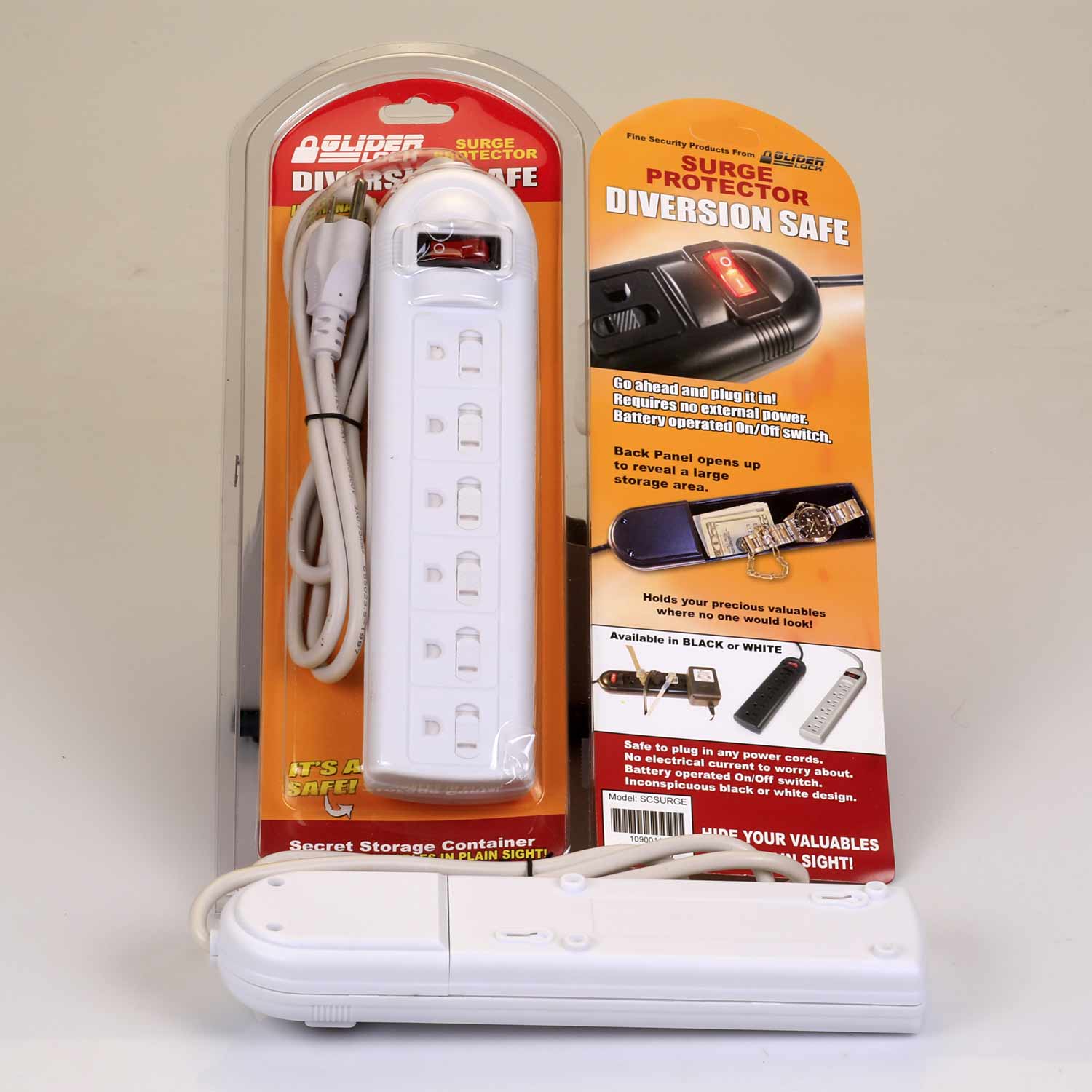

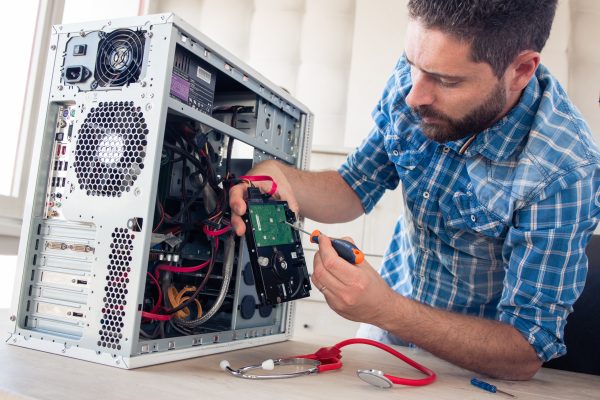
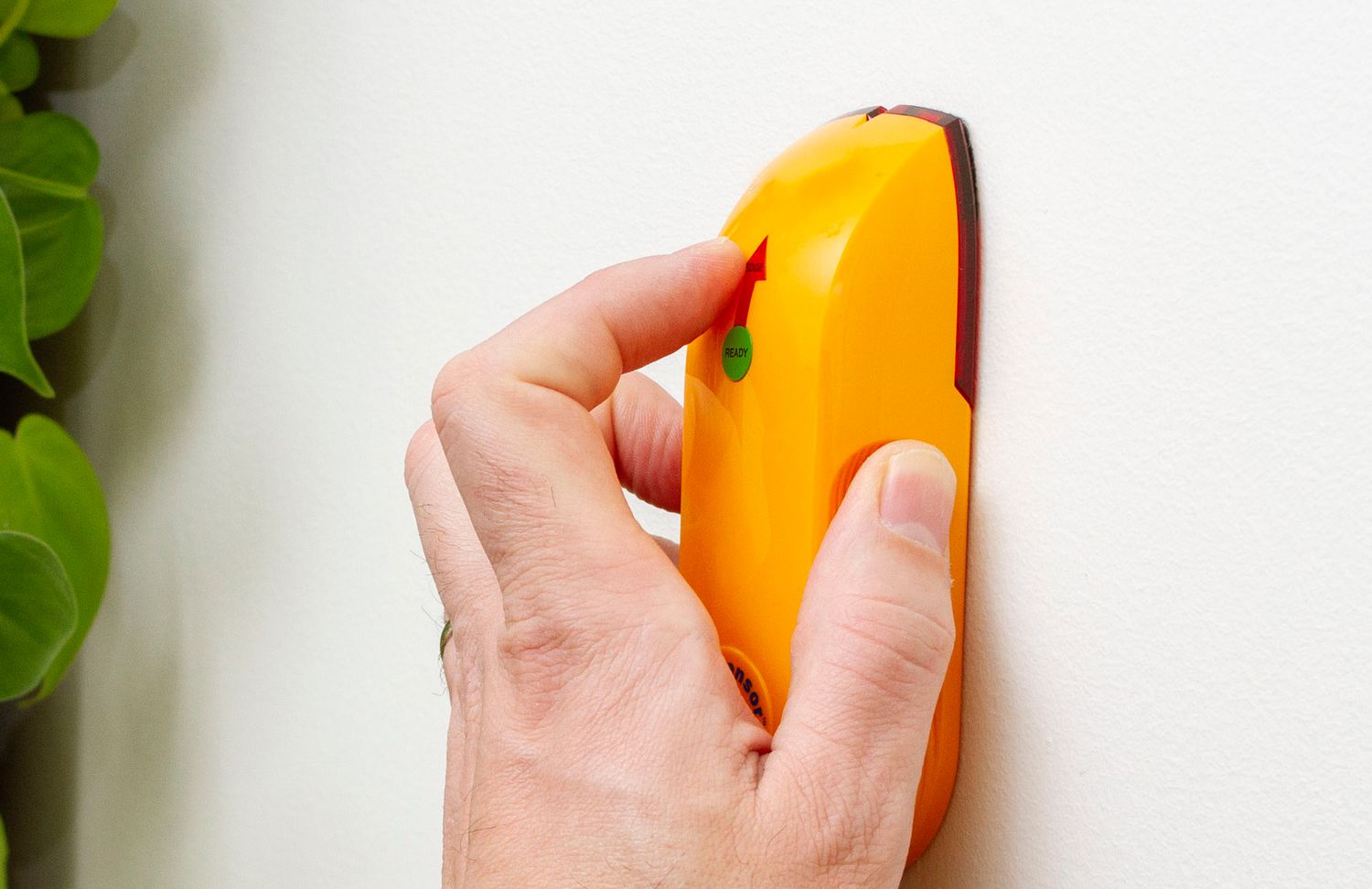
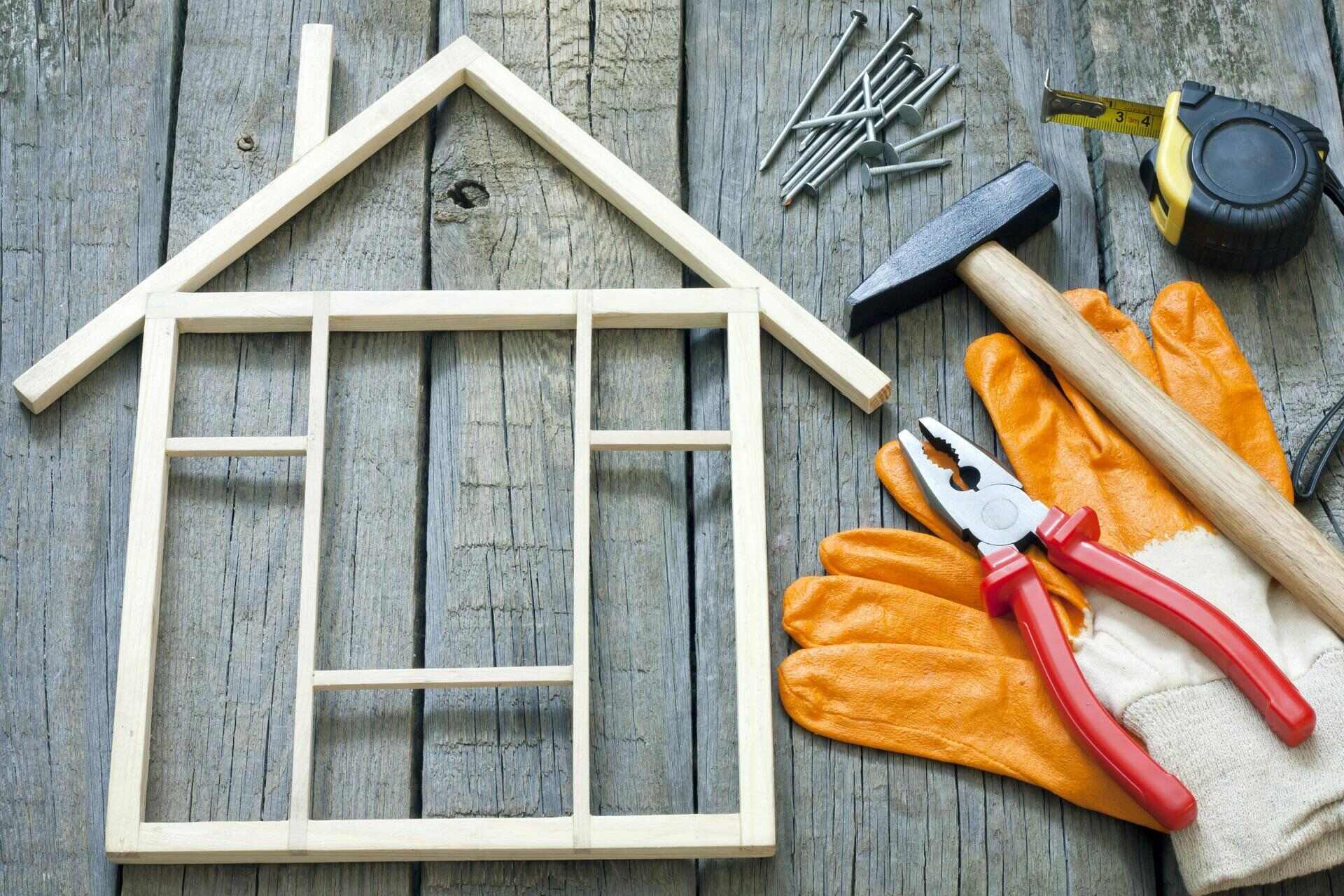


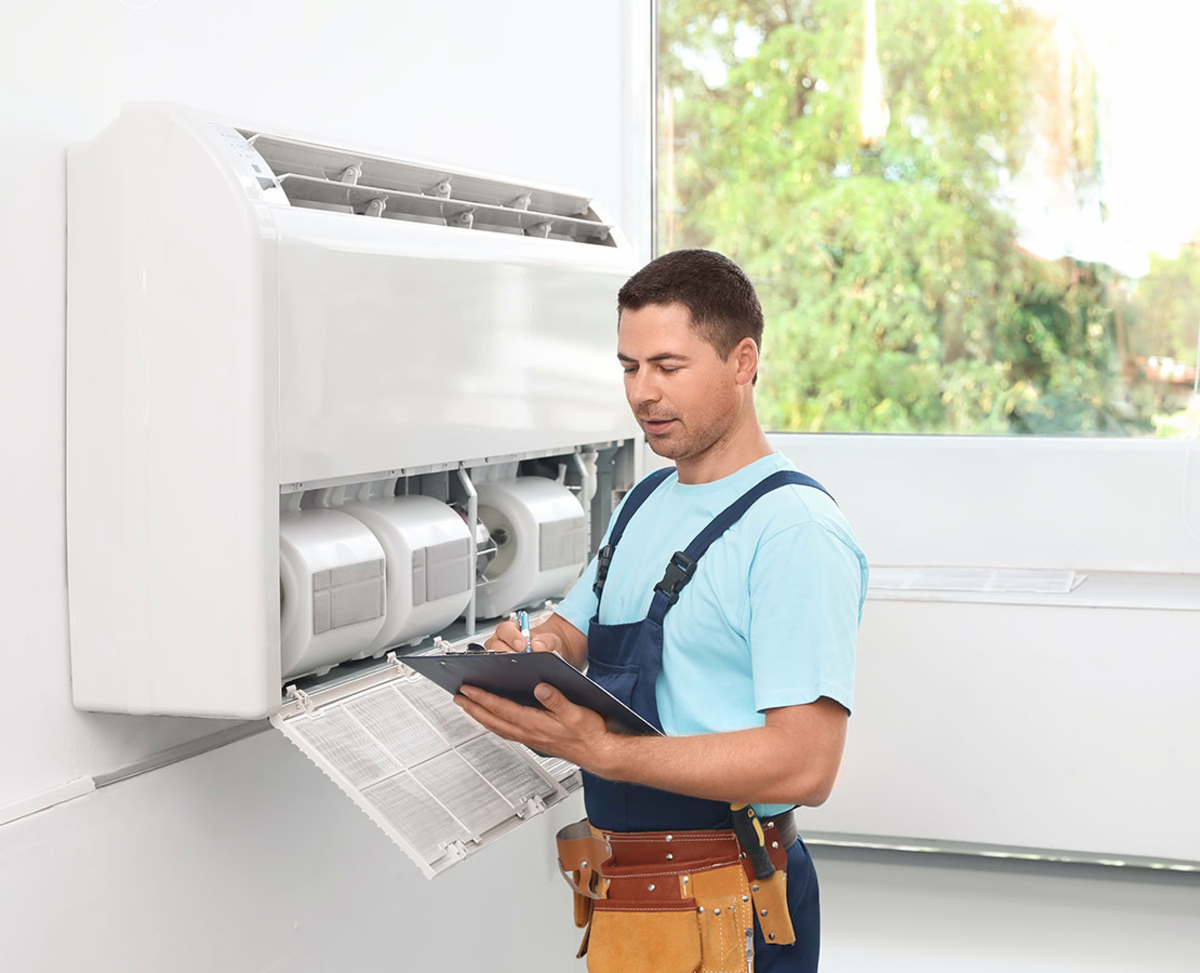



0 thoughts on “Why Do You Need A Home Inspection”